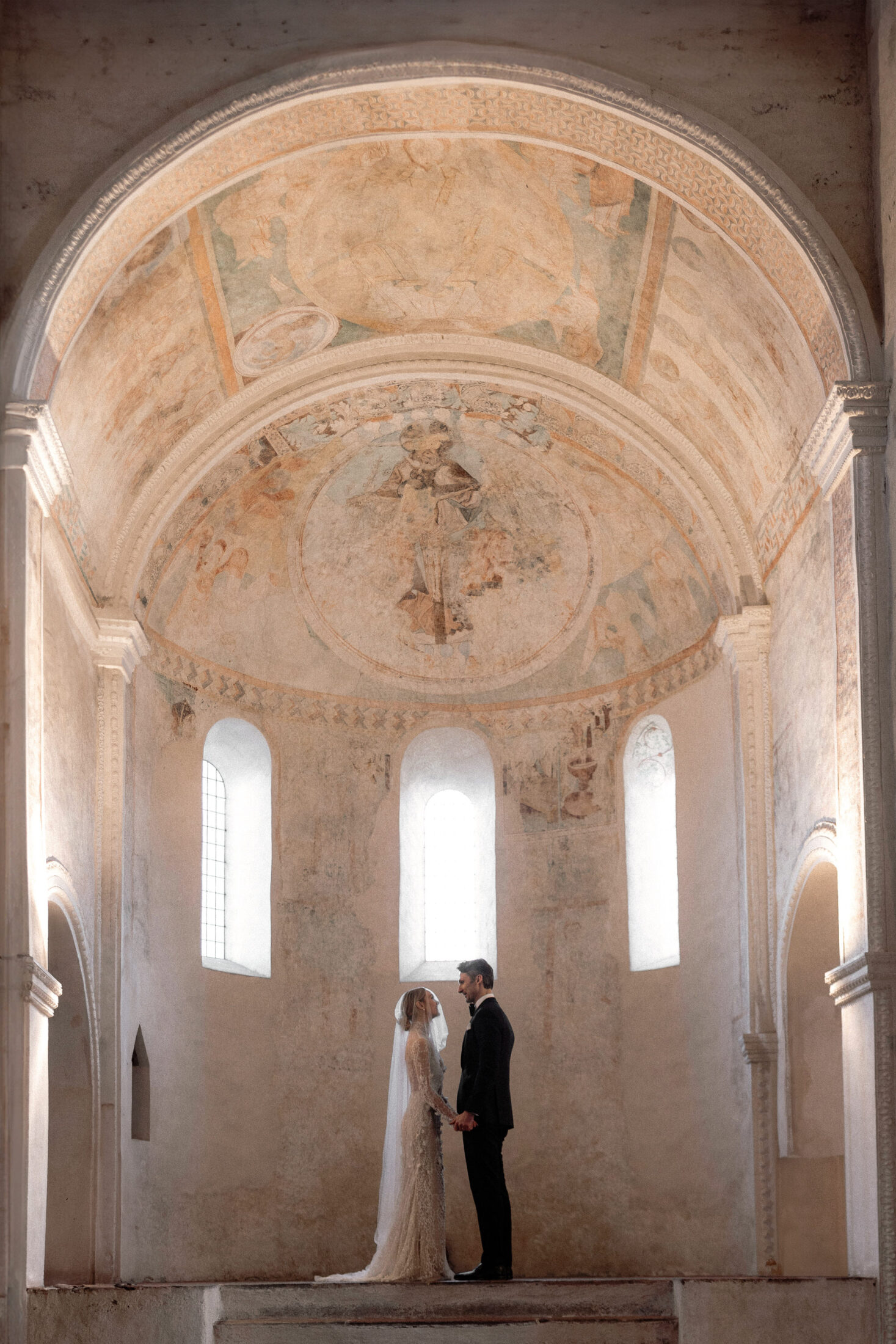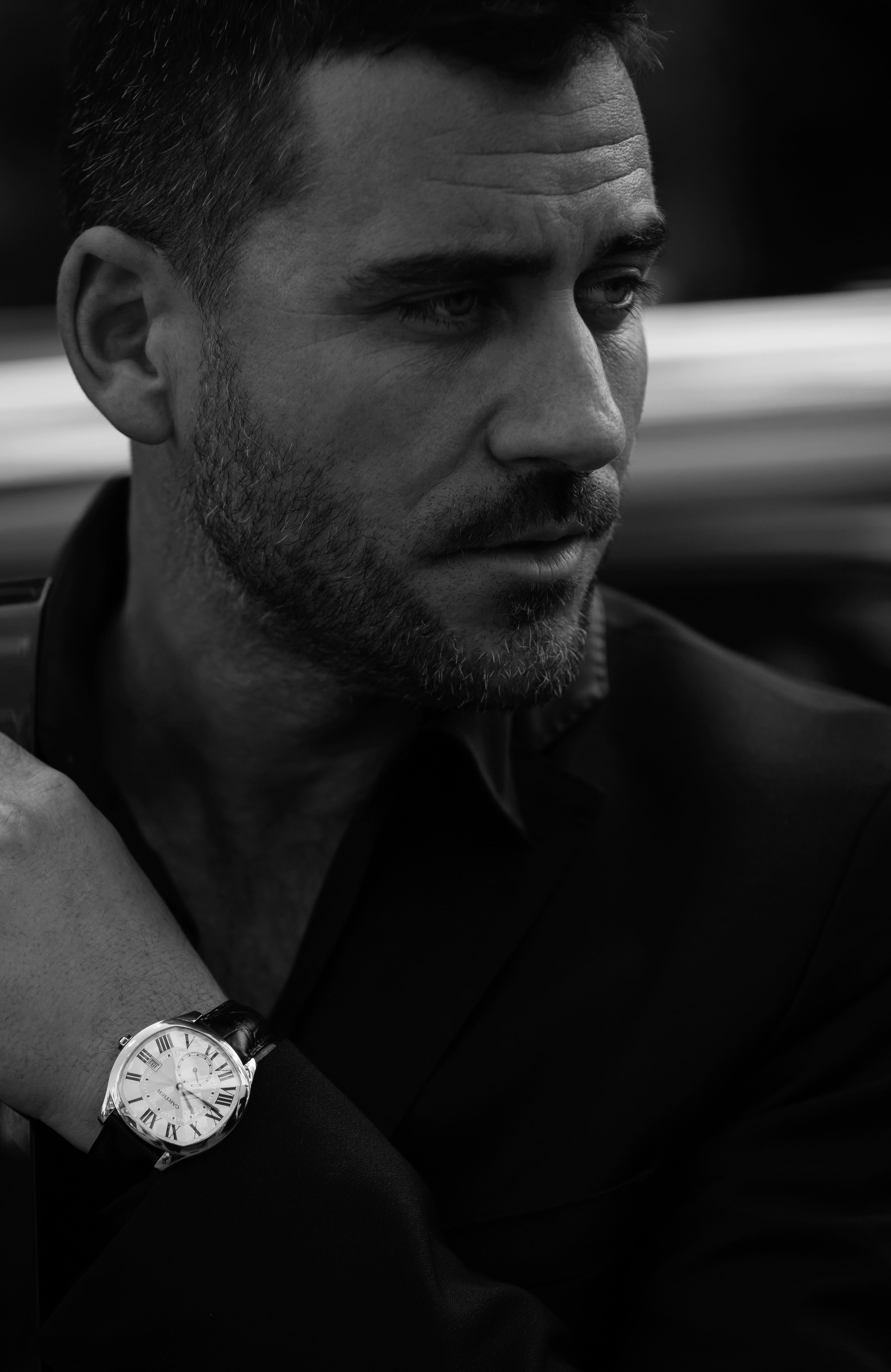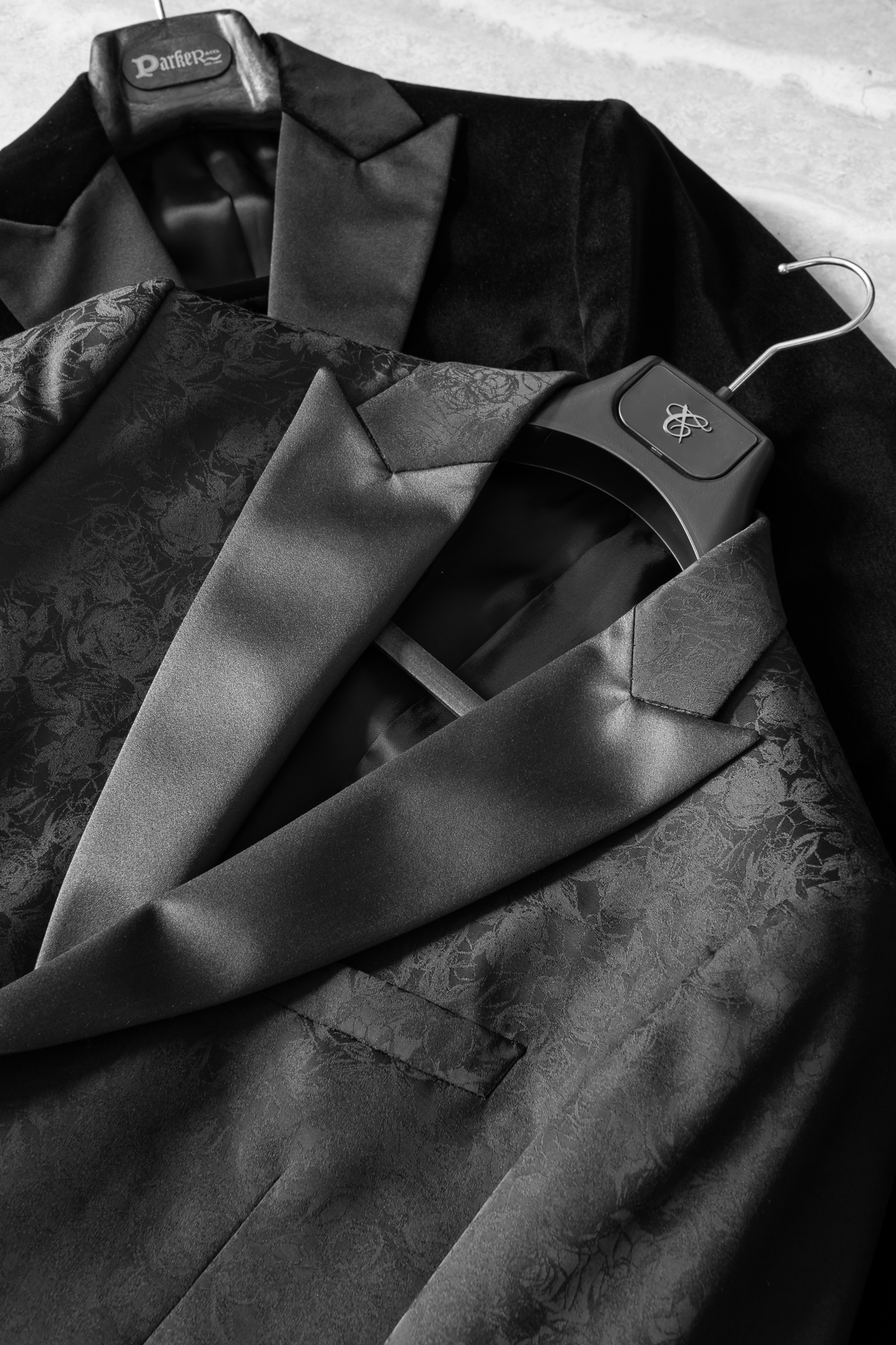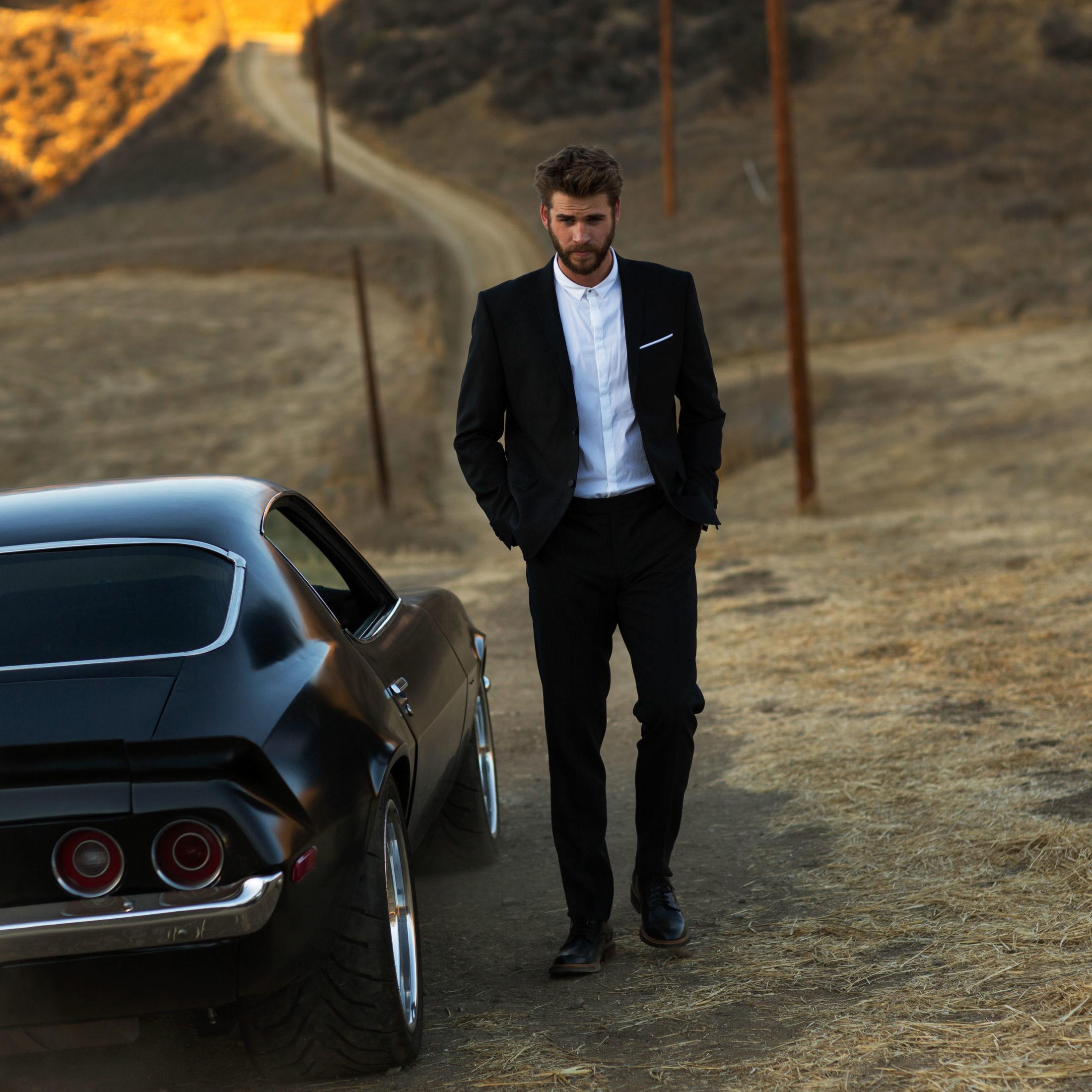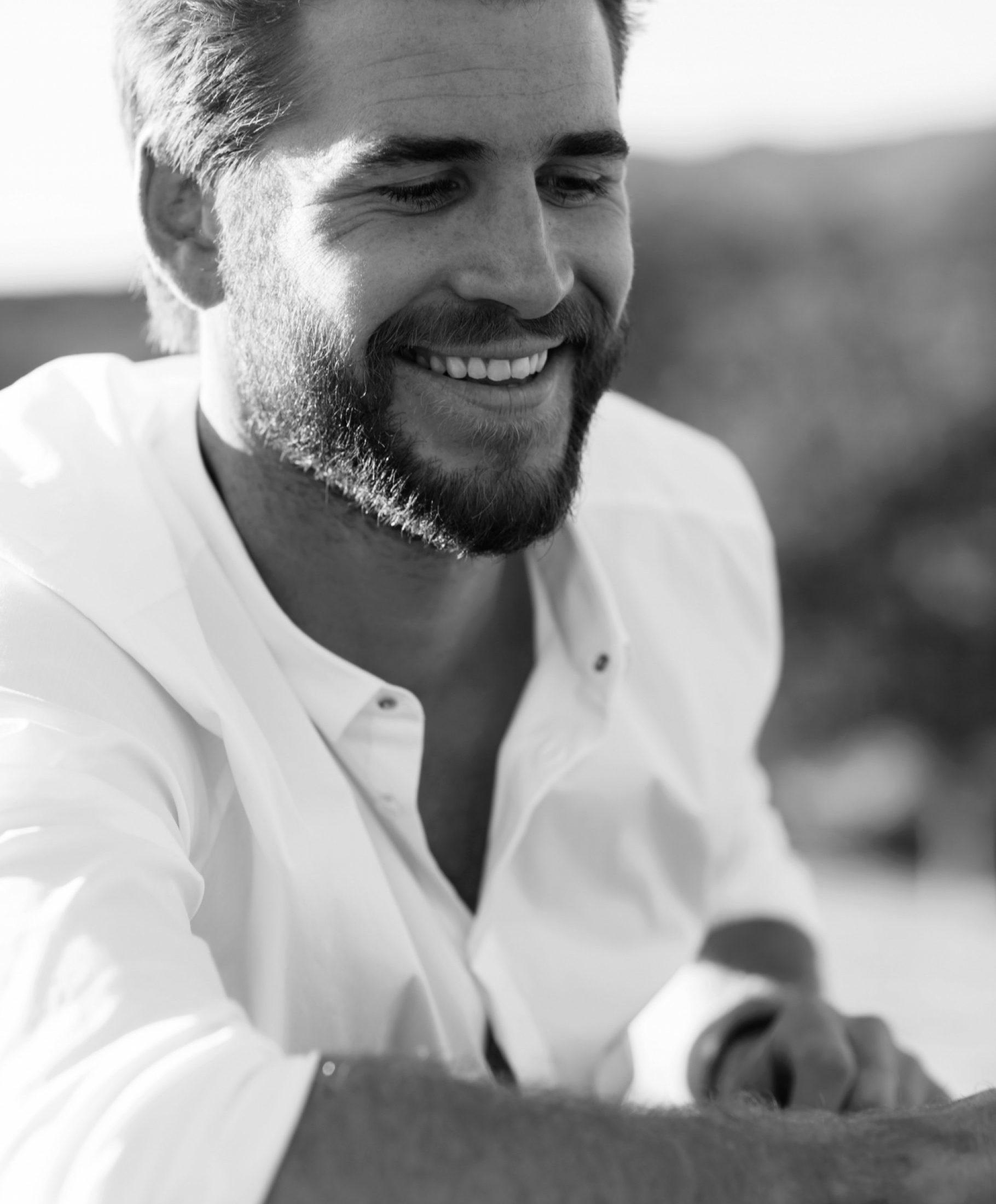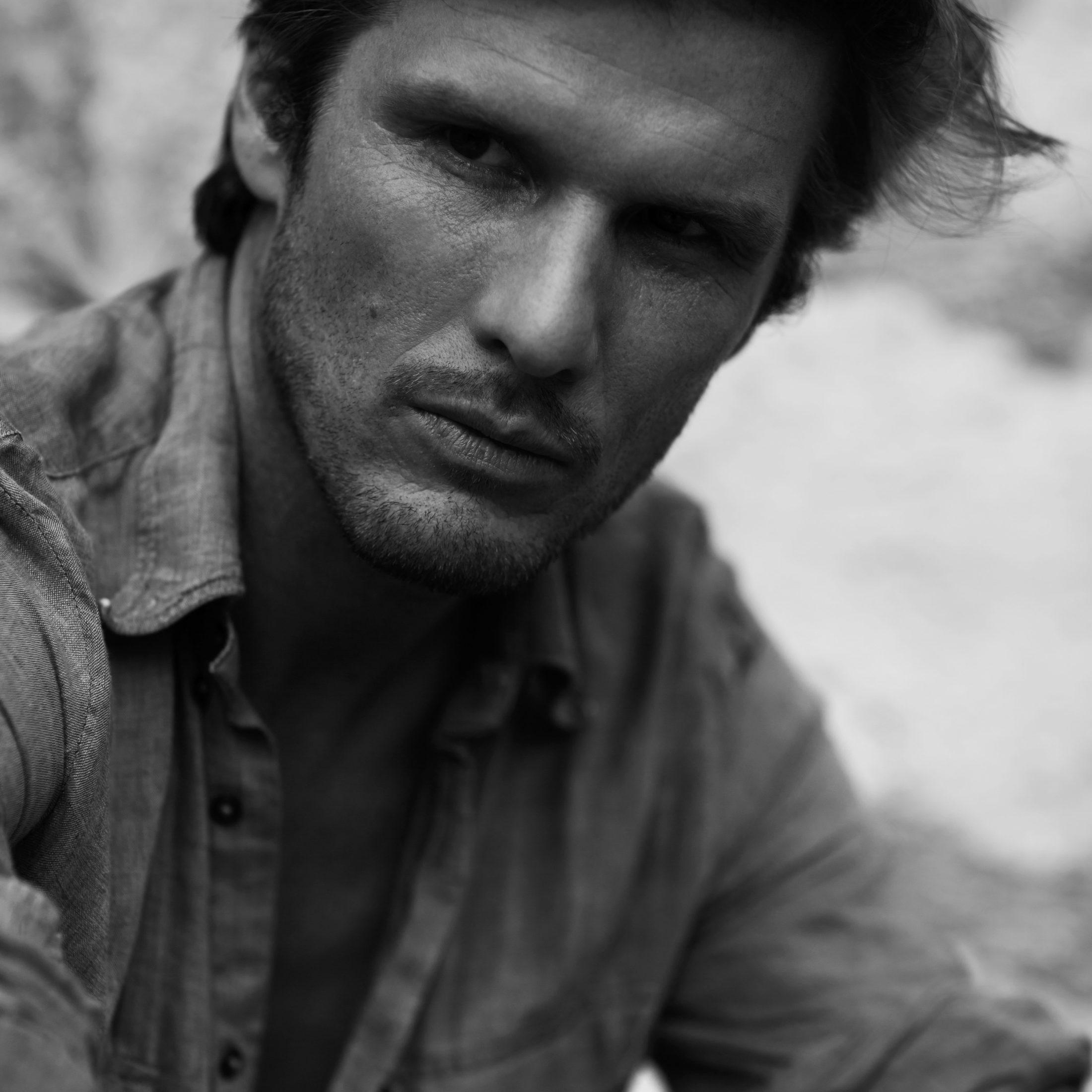Interview with
Bryn Mooser
On starting from scratch, learning life lessons and pushing boundaries
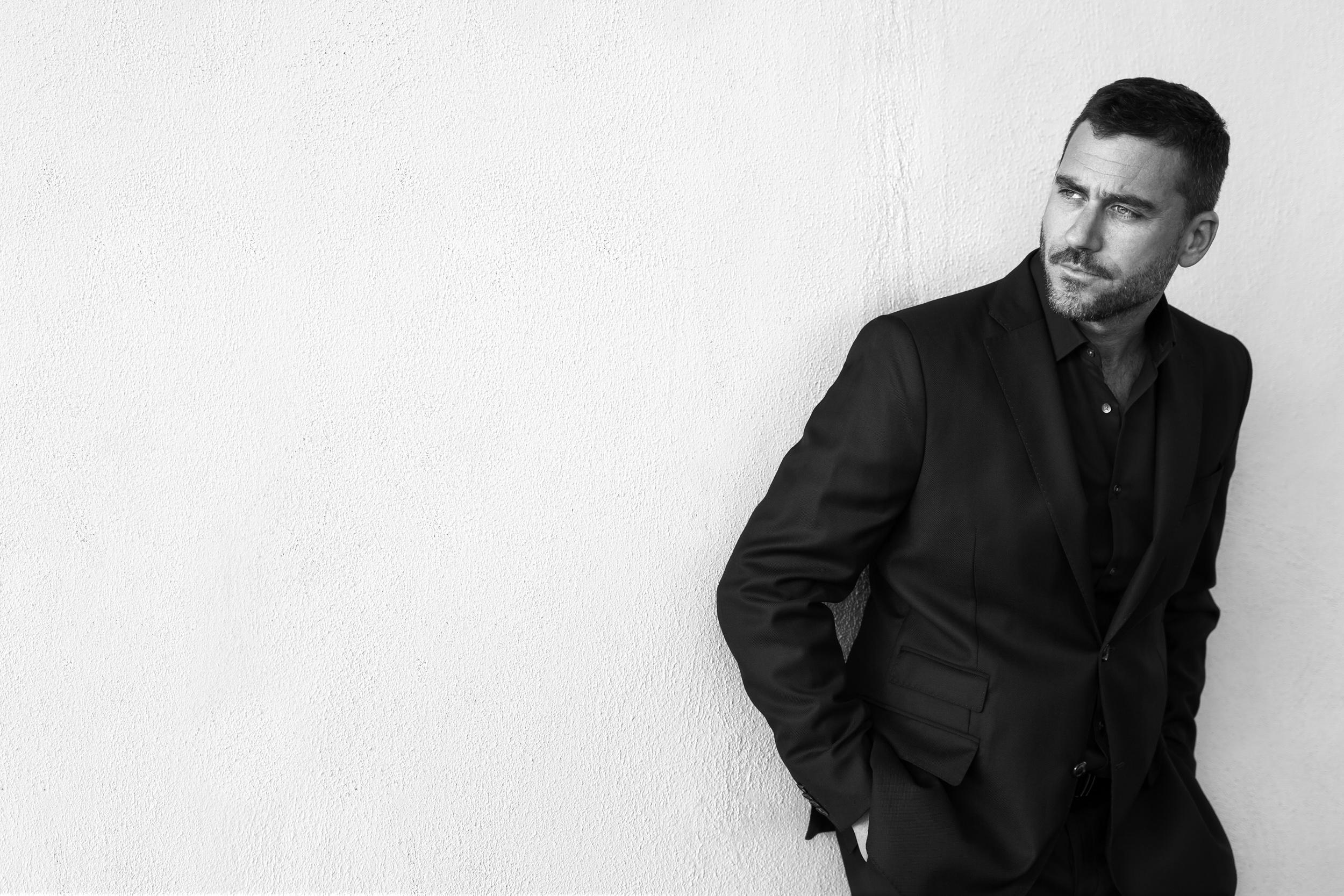
Entrepreneur Bryn Mooser epitomizes success born from humble beginnings. His virtual reality news studio RYOT News recently sold to Huffington Post for $15 Million – a venture first launched while living in a tent in Haiti.
Inspired to democratize controlled journalism, Bryn discovered a way to compete with every major media company in the world – by empowering the public to become film makers and storytellers, using their iPhones. RYOT challenges the way we absorb information – it encourages us to not just sit back as spectators, but to boldly participate in the media landscape unfolding around us. It’s a concept that provides every person, and place around the world, with an authentic voice.
But entrepreneurial achievements and impressive accolades asides – including an Academy Award for a documentary he made in Liberia, Bryn’s bold impact lies in his charismatic ability to lead and motivate a team to create work that leaves the world a little better than they found it. A rare example of determination against all odds, grounded in humbling lessons and remarkable life stories.
We spent an afternoon with Bryn in New York City, shooting an editorial in partnership with Cartier, and discovering what drives this inspiring entrepreneur and film maker…
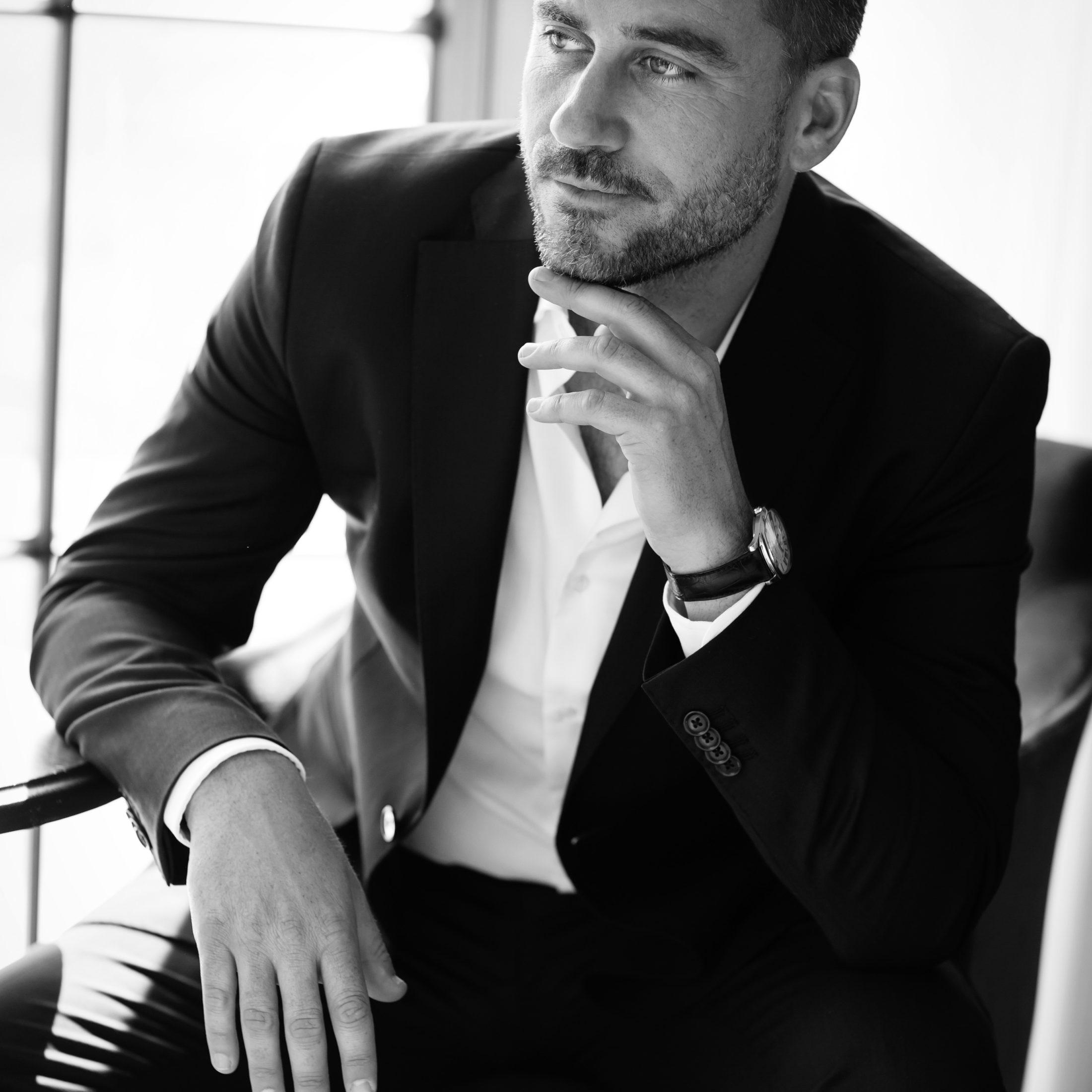
Hugo Boss Suit, J. Lindeberg Shirt, Cartier Drive de Cartier Watch (worn throughout).
Innately there’s a trigger that drives each of us individually. At a soul level, what drives you?
At a real soul level what drives me is that we have an opportunity to have a better understanding of the world around us. My drive began when I was in the Peace Corps and living in a really rural community on a river up country in Gambia, far away from electricity and running water I think you really get to see that dichotomy of life and death and how it plays out. There is an extraordinary world out there that I think here in America we only get a small slice of, and often times that slice isn’t representative of the greater world at large. So what I hope, is that we can find a way to use media, film and storytelling to show not only the complicated things that are happening in the world, but also the beautiful things whether its art, culture, music, food – that’s what drives me.
“Ultimately it feels good to give back, it feels good to be part of a global community and we’ve lost that part of ourselves somewhere..”
Someone in your life that embodies the kind of drive that inspires you?
I’ve been lucky enough to be working in Haiti for the last six years, and while I was there I got a chance to work alongside an extraordinary community organiser and priest named father Rick Frechette. Father Rick is a guy who has dedicated his entire life to helping people who need it, people who just by a simple slide of geography, were born into a really difficult place under a really difficult circumstance. I saw his unwavering drive to try to make the world better for those people. He dedicates his life to making sure he can do everything in his power to make the world a little brighter for them or have a little less suffering. And I think seeing that drive that he has, against all odds, inspires me to try to have a little bit of that in my own life.
We’re really lucky here [in America] to be born who we are and where we are, and I think it’s the duty or obligation of all of us to make sure that we can spend some energy on trying to give some of that back. Ultimately it feels good to give back, it feels good to be part of a global community and we’ve lost that part of ourselves somewhere in our cell phones, and our social media and on TV. We’ve become wrapped up in something else, and to be able to find that human touch connection back, I think is what we all need.
Technology is perceived as something that can separate us, and so often does, but I think it’s certainly part of our mission to figure out how we can use that to bring us closer together, whether that’s with virtual reality, augmented reality or using social media to connect us and share stories.
The biggest lesson you ever learned?
The greatest lesson that I’ve learned is how to fail and how to pick yourself back up after that. If you want to try and build something new you’ve got to break something old and when you try to do that, you fail, a lot. So in the end its about how fast can you fail, and how strong can you be when you need to pick yourself back up afterwards
I’ve failed a lot, but I think that the secret to failing fast and picking yourself up is also to have a great group of friends and family and people around that can help you in those times. There is a cycle that happens, and any time that you reach a new part of success you know that the pendulum is going to swing the other way, and in that moment when the pendulum swings full on to failure in the other direction, it’s important to remember that if you keep holding on you’ll swing back out of it too.
What is something you constantly have to work on within yourself?
I think something we constantly have to work on is to not go so hard on ourselves. I go pretty hard on myself, demanding that things be better, and strive for excellence. So I at least try to give myself a break a little bit more. It’s not working so well.
The best advice you were ever given?
One of the best pieces of advice I was ever given was when we tried to submit the first documentary I made for an Oscar and it didn’t get nominated. I was so depressed about it that I said I’m going to quit making films and the producer that was on that film said, “You know how many films I’ve made and they’ve gone absolutely nowhere, you have to pick yourself up and make a better film.” And so we did, and we made a lot of films after that, and each one got better and we were lucky enough to be nominated for an Academy Award for a documentary we made in Liberia. So the lesson was a powerful one, which is, if at first you don’t succeed then try again and do better work. So I think the greatest lesson was that one, which was to try and pick yourself up and not get defeated.
No doubt in your line of work, there would be a plethora of defining moments etched in your mind while working on RYOT News. Tell us about a moment that really moved you & stirred your soul…
I think one of the greatest memories I have was the first day that we launched RYOT News. I remember seeing it online and the first time that somebody tweeted that they were reading a RYOT article, was a moment that was really impactful for me. Look – I built RYOT in a tent in Haiti, with my partner David who was also an aid worker at that time, and one of the things that we saw was that we could compete against any other major media company. That if people, young people in particular, are getting their news on their phone there is really no way to differentiate between a big legacy media company, and a small little upstart. In fact, the small upstart has an advantage in that moment because we don’t have the overheads of the giant building of the media company. We don’t have a sky scraper in Midtown that we’ve got to pay rent on and so I think it was in that moment that we realized we could build something and take on the big boys. The first time that we launched and somebody said, “Hey I read this article, it was pretty cool”, that was the moment where we knew we had it.
Throughout history I think that people often think that the big guys are going to beat the little guy, even if you look at David & Goliath, as Malcolm Gladwell talks about it, of course David beat Goliath, David was a Shepard who was in really great shape and Goliath was an Ogre, probably with some medical problems, so David beat Goliath and this is the same way that we see right now. Look, everybody has all of the world’s information in their pocket, distribution has been entirely democratized, and with the camera in the back of a phone that’s in your pocket – you can now democratize storytelling, right? So every single person walking around with an iPhone has the most powerful tool in their pocket and that means they can be film makers, they can be storytellers, they can be journalists, you’ve just got to figure out how to use those tools. This is a moment that happens where technology can influence culture. We saw it with the four track tape recorder invented and a year after Punk Rock takes off. It’s a moment where technology can democratize who can make art, and you don’t have to be the son of a really rich record tycoon to get into capital records anymore, you can sit in the corner and make your own stuff that sounds just as good. So we have that moment that is happening right now, with filmmaking, storytelling and journalism, and we’re really hell bent on making sure that we can use that to empower the right voices and take the power out of the hands of people who I think have typically controlled it. They don’t go easily but I think if you’re willing to keep picking yourself up you can knock them over.
Directory
Menswear
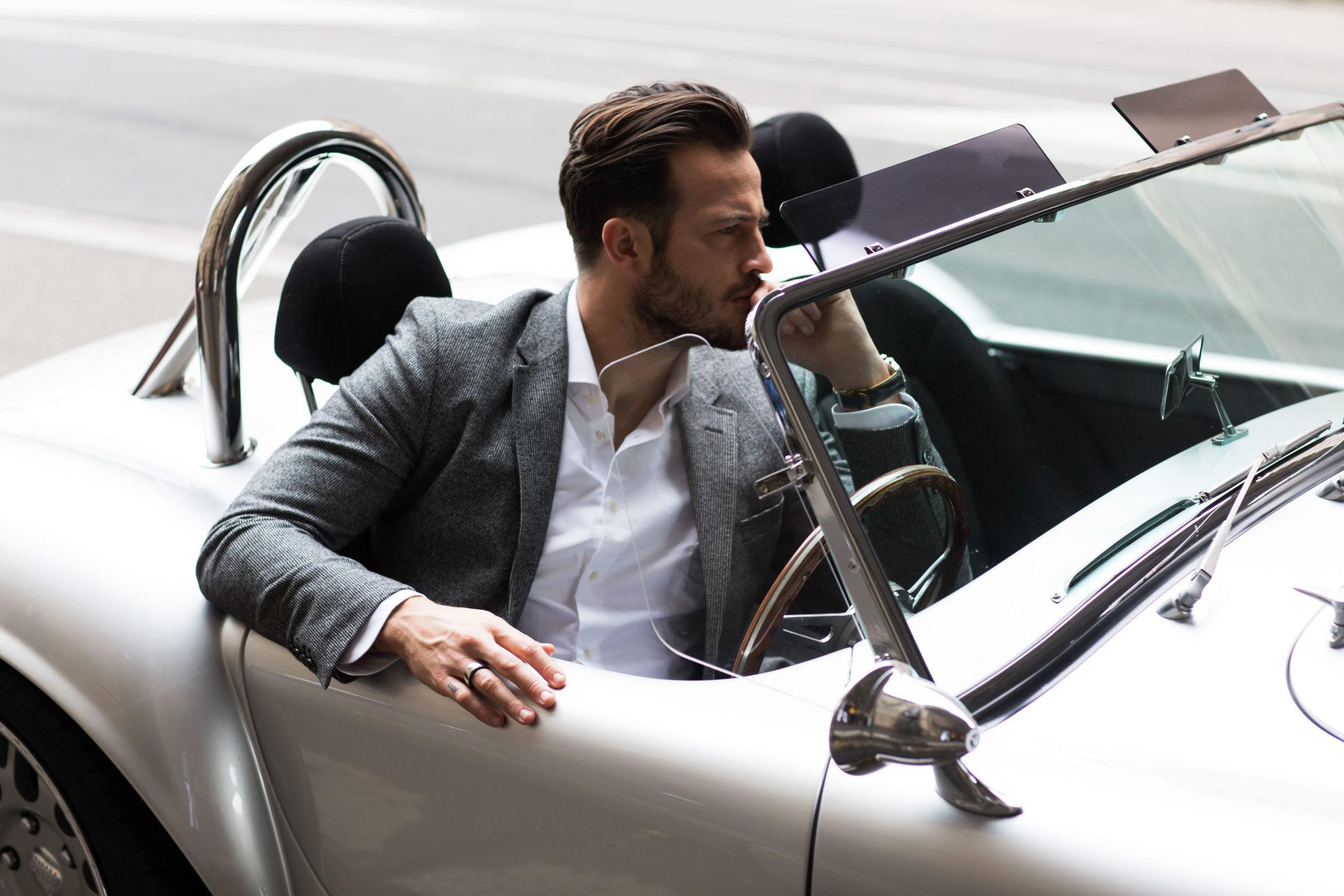
The biggest lesson you have ever learned?
The first lesson I ever learned was when I was in the Peace Corps, I was living way off the map in West Africa and one of the first projects I had was helping these communities build new community gardens, so I was teaching composting and new gardening techniques. But here I am, just a young kid from America, trying to teach this to communities that had been around and gardening in these places for thousands of years and I got everybody really excited about building this community garden, how it would really help – and the garden failed. The crops didn’t work and they got eaten. There I was, 21 years old, getting the hope of an entire community up and not being able to follow through with that, and I think that was the moment where I almost left the Peace corps. But I think it was a moment where I learned that you have to be really careful with what you promise and you have to be really careful with what you do, and you have to be really able to keep working and working hard and making sure that things don’t fail, and when things do fail you’ve got to be able to fix them. So that was a lesson I learned in a tiny little village off the map in West Africa that I think has served me well up until now. Thank god I had that reckoning then, otherwise I think I would have turned out to be a real asshole.
“…with filmmaking, storytelling and journalism, we’re really hell bent on making sure that we can use that to empower the right voices…”
Looking back, what was the single most impactful thing you chose to do, that propelled your business to reach it’s tipping point?
For me the most pivotal part of my life was joining the Peace Corp. The Peace Corp is this extraordinary program we have in America and as Kennedy envisioned it, it was to send all these young Americans overseas have them help in small projects in these communities and do three things, 1. Help build some infrastructure, 2. Teach them a little bit who we are as Americans, 3. Bring that story back home to people back here in America. It was that third pillar of the Peace Corp that Kennedy thought was the most important. Ultimately it’s to send young Americans overseas, have their minds blown and have them come home as storytellers. I think that part of it is still exactly what we’re trying to do, which is show that the world out there is beautiful, and nuanced, and amazing, and terrible, and all of those things – it’s not just one thing, and so how can we come back and try to teach people here that that’s really what’s happening in the world, so they we don’t become isolated. So that we don’t just drop a bomb somewhere, but maybe think twice and say, “Hey my cousin was over in that place, it’s actually not so different, its actually not that bad, that’s not really how my brother said it was when he went over there.” So that’s what I am still trying to do, and that’s tell a better story of what’s happening in the world, and one that could maybe create a more compassionate society here. I believe that stories can change the world, art can change the world, and film can change the world. I think we have seen it work, we’ve seen it happen, and it drives us to want to do it better.
I also think that the helping other people part is relative, and as Kennedy envisioned it, it was actually really brilliant. It’s not about how many bricks you lay or how many classrooms you build, or roofs you fix, or latrines you dig, it’s about the impact you make person to person, human to human. Whether it’s overseas or whether it’s back home here.
In terms of my own business, my team has been working so hard for the last year with 35 people working around the clock trying to figure out how we use new technology to connect people. There were six of us who were sleeping on the floor of the office, around the clock because we were trying to do great work, we to figure out how to do virtual reality to make these films and every single dollar we were investing back into the company. Even myself, I was putting every dollar not into rent somewhere, because I was living on the floor. I was putting that back into the company, making films, telling stories and in that last year, we got nominated for a Peabody, nominated for an Oscar and we ended up selling the company to Huffington Post. Now we are able to build it much, much, much bigger so it was that kind of passion, focus, dedication that it took to be able hit this moment of success and that moment is not a moment to let off the gas but a moment to push harder and put some jet fuel in.
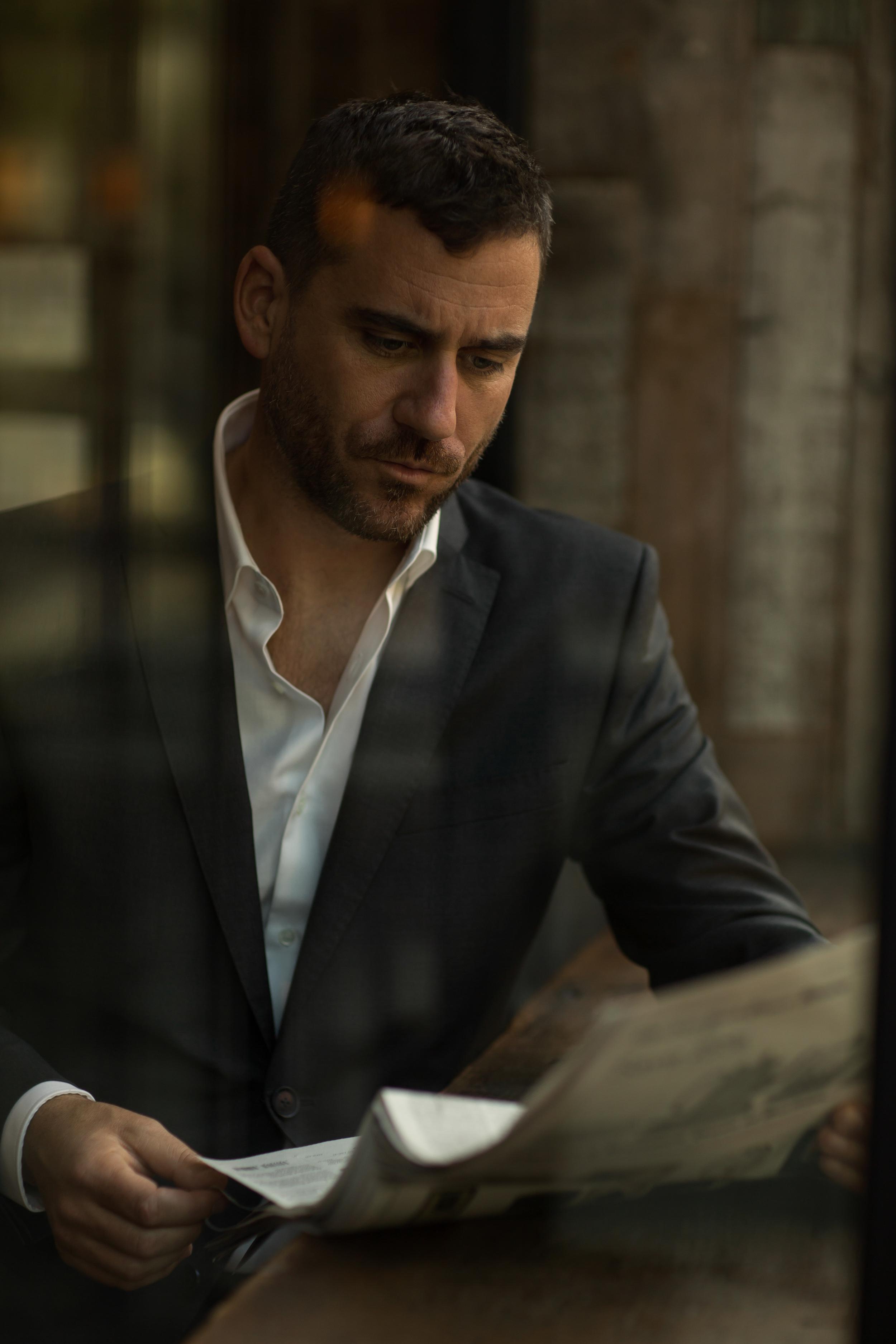
3 things you do every day which drives your business?
I love building teams and I love working with my team, so for me spending the first hours of the morning checking in with all of my team, watching films and talking about the films that we’re making, is what really drives me. Ultimately I have an office full of nick nacks and souvenirs – things collected on my travels that surround me, and photographs of my friends in Haiti and Gambia, and those things also drive me to remember why I am trying to do what we’re trying to do.
I think it’s always important to surround yourself not only with great people who make you work better and who encourage you, but also surround yourself with items to remind you why you’re doing it. It’s the reason people have a picture of their kid on their desk. It’s to remind them why they’re working so hard. Likewise, with our work at RYOT Newswe have office walls full of art, photographs and souvenirs that remind us of the importance of our work and hopefully ground us so that we remember what we’re doing
How do you measure success?
For me the way I measure success is, am I doing something every single day that makes me happy and is ultimately trying to make the world a little bit better, not a lot – I think there is a lot of hyperbole about “We’ll change the world”. And thats really great for driving the team and driving myself, but ultimately if we can move the needle of the pendulum just a little bit in the right direction, then I think we’ve completed our mission.
What is the purpose of this human experience, in your eyes? What are the key elements of life that you know you’ll look back on at the end, and feel content with?
It’s the great mystery of why we’re here and what we’re doing her, so I don’t waste any time trying to figure out what the purpose or the meaning of life is. Rather I think that the only thing we can do while we are on this earth is to be good to one another, be compassionate to one another, be kind to one another and that’s the only thing that we can do. And if you’re anything other than those things, you’re wasting your own time and you’re wasting the time of others.
I think that when it’s time for the final curtain call in life, there are few people who are remembered by how much money they had or by how big their house was, or how fancy their car is, but every single person gets remembered by the people around them and whether they say that, that guy was a good guy, or that guy was a bad guy – and that is legacy. And that’s impact. You can meet kids whose parents were billionaires and whose grandparents are billionaires and they are totally screwed up because outside of being a billionaire they were an asshole, and I think in the end that what would have been so much better to all of human kind is if they were just nicer, rather than if they were just richer.
I hope for me that when it’s time for me to go or time for RYOT to be finished that people just say, “Hey that was a pretty great run and we learned some thing along the way.” And maybe, just maybe, those people will be influenced to be better to the people around them.
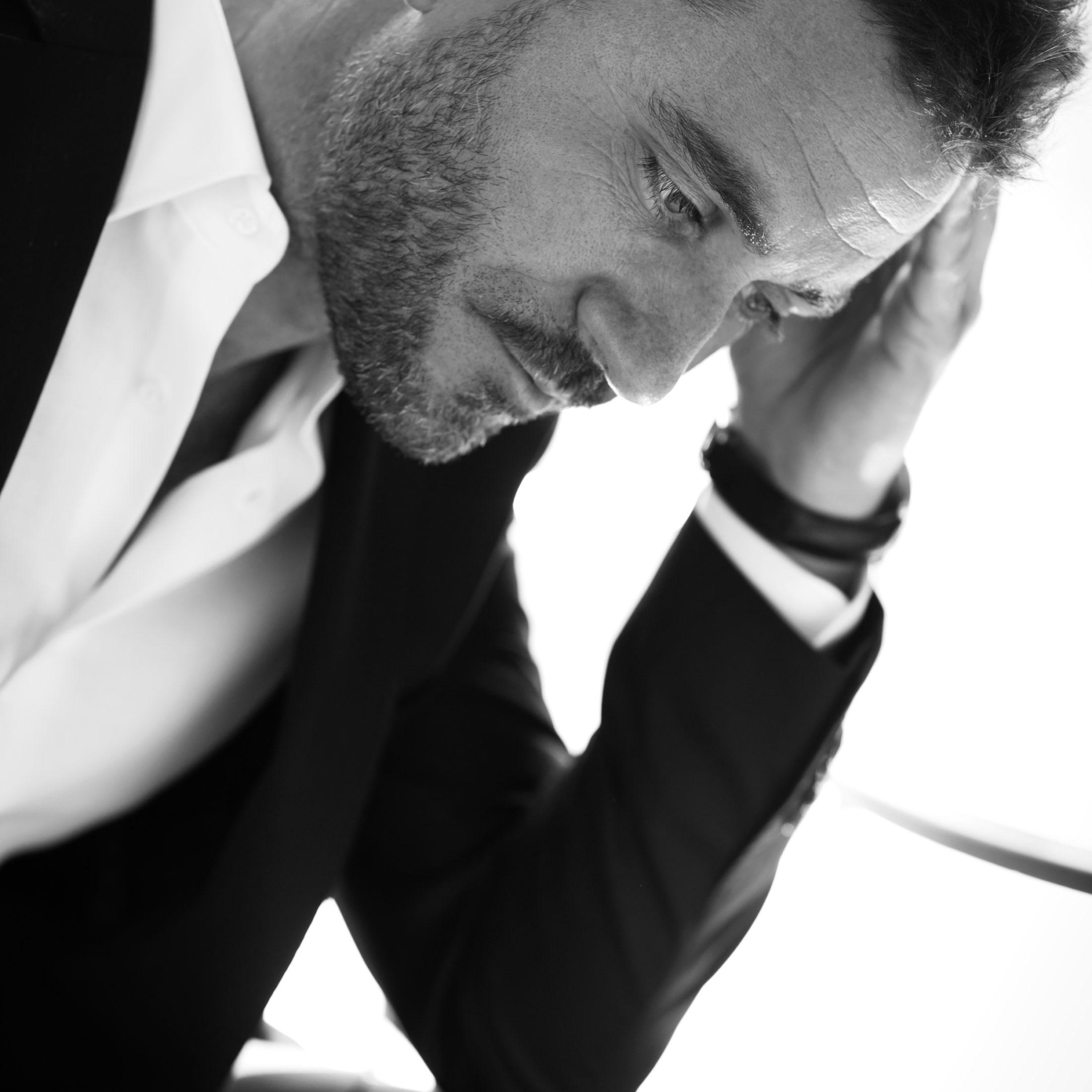
What compelled you to start RYOT News?
I was compelled to build RYOT as a news site where every story had an action because I saw a changing world around me. I saw people who were from different walks of life whether economically, geographically, whatever it was, they were able to connect to each other through their mobile phones and through social media, but news still felt like this one way flow of information. It felt like the paperboy throwing the newspaper over the fence, and I knew that we can do better than that. RYOT was really launched as a place where we could work out how to use this new technology that’s radically transforming the world around us, and try to for good.
So rather than just tell you what’s happening in the world, what we set out to do is tell you what’s happening in the world – and what you can do about it.
What is your next challenge?
The next goals for RYOT are going to be to continue this path of figuring out how to tell films, stories and virtual reality, but now that is moving into augmented reality. So how do we radically transform the world around people by using a cell phone in their pocket? By augmenting what they’re seeing. That’s what we are really excited about over the next year, or next two years. I think what’s fascinating about the world that we are in, is that it’s almost impossible to look down further than two years ahead of us. We are moving at such a clip that when people say, “Hey what’s your plan in five or ten years?” the answer that I have is, I don’t know. I hope that I will still be a good person, that people around me are compassionate and I won’t have turned into some media mogul, standing on top of an 80 story building somewhere! But that will hopefully be up to my family to keep trying to pull me down.
The world around us is changing so fast that the best we can do is hold onto our core values and our core mission and just hang on tight and be nimble.
Head over to the RYOT website to experience their 360° Virtual Reality films and documentaries.


